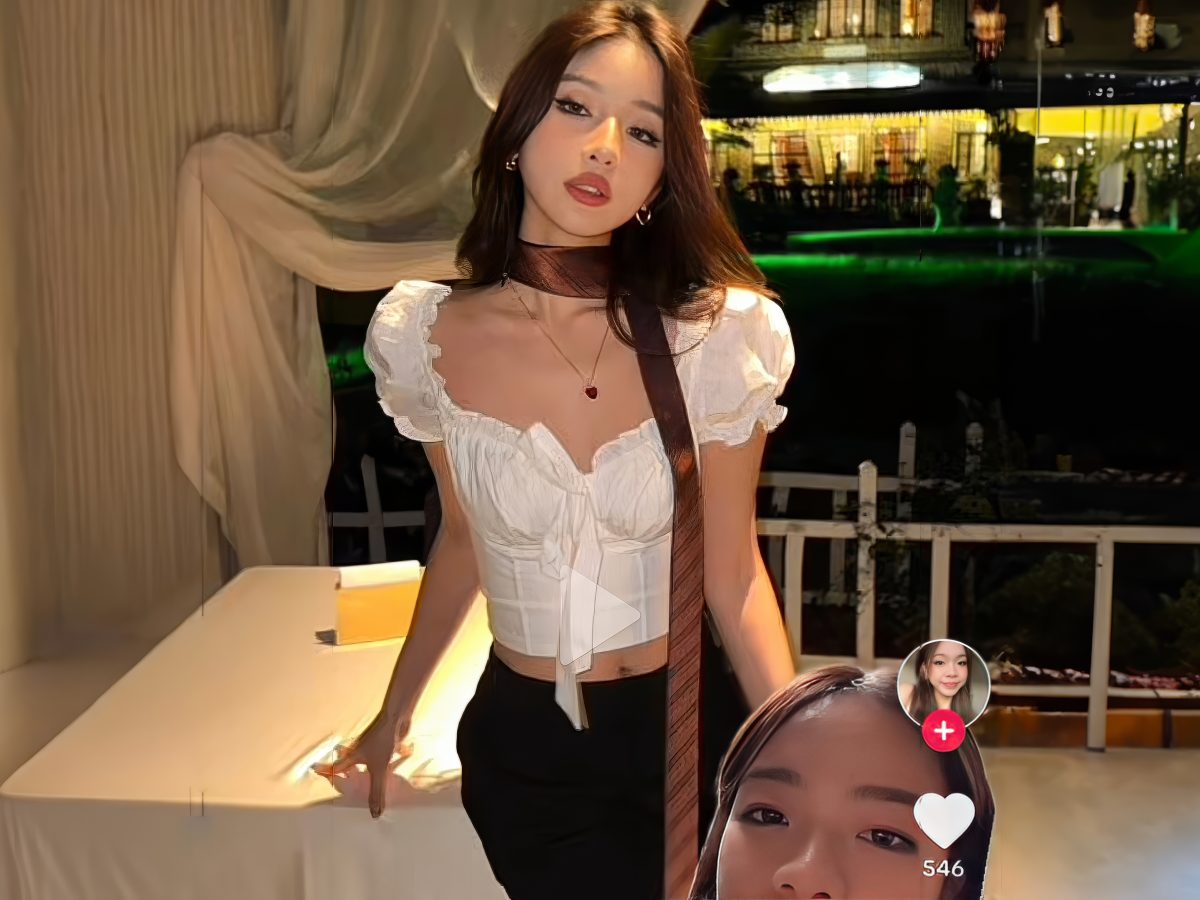For the uninitiated, the Asian Baby Girl or ABG is a term coined in Asian American communities, initially as a slight stereotype but has since transformed into a celebrated lifestyle and aesthetic. ABGs are known for their distinctive style, typically characterized by bold makeup (highlighting tanned skin, sharp winged eyeliner, and bright lipstick), tattoos, a love for partying, and an affinity for specific fashion styles and brands. ABGs also share a tenacious and assertive attitude, often breaking away from the traditional Asian stereotype of passivity and obedience.
In recent years, a cultural trend that first emerged in Southeast Asia and Asian American communities is making its way to the shores of mainland China. The ABG, short for “Asian Baby Girl,” is a subculture that has taken root, especially among young, urban, and digitally savvy women. With its unique combination of fashion, lifestyle, and attitude, the ABG culture is both a platform for self-expression and a tool for challenging societal norms.
Mainland China’s younger generation, especially in the urban areas, is demonstrating an increasing fascination with the ABG trend. Social media platforms, like Weibo and Douyin (China’s TikTok), are brimming with #ABG tags, demonstrating the extent to which this trend has penetrated China’s internet culture.
On the surface, it may seem the ABG trend is all about the glitz, glamour, and rebellion, and indeed, these elements have great appeal. However, it’s essential to note that the real driving force behind its adoption in mainland China is the desire for individualism and personal expression. For many young Chinese women, the ABG trend provides a medium to push against the grain, challenge societal expectations, and boldly express their personalities.
The ABG trend is not merely a fashion or aesthetic choice in mainland China; it is a form of resistance against traditional and conservative norms that can sometimes be oppressive. It represents a new-age feminism, an embodiment of strength and assertiveness, and a demand for respect and autonomy.
It’s interesting to note how cultural trends travel and evolve, with the ABG trend being a prime example. Once criticized as a stereotype, it is now a celebrated culture of resistance and self-expression, breaking through national boundaries and traditional norms. As it sweeps across mainland China, the ABG trend is reshaping societal attitudes, altering fashion trends, and empowering a generation of young women to embrace their unique identities. This movement serves as a reminder that fashion and personal style can be an instrument of self-definition and resistance, pushing us all towards a more inclusive and diverse society.
Written by Editorial Staff
